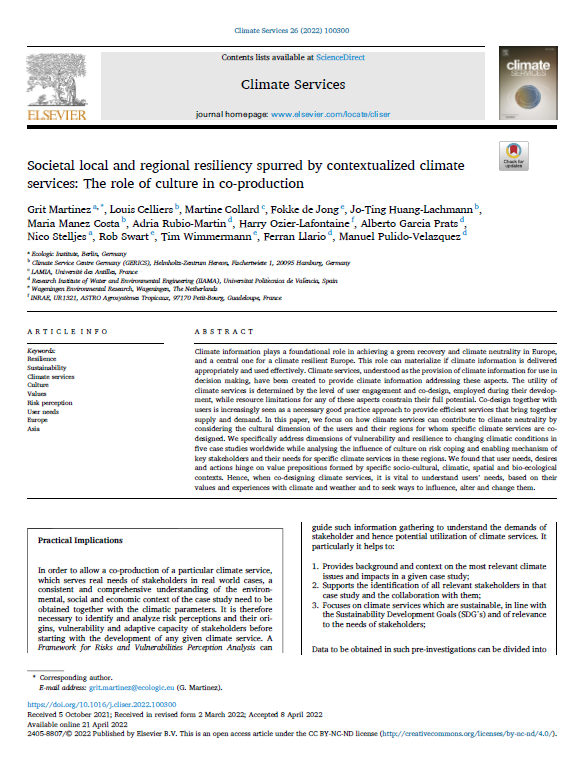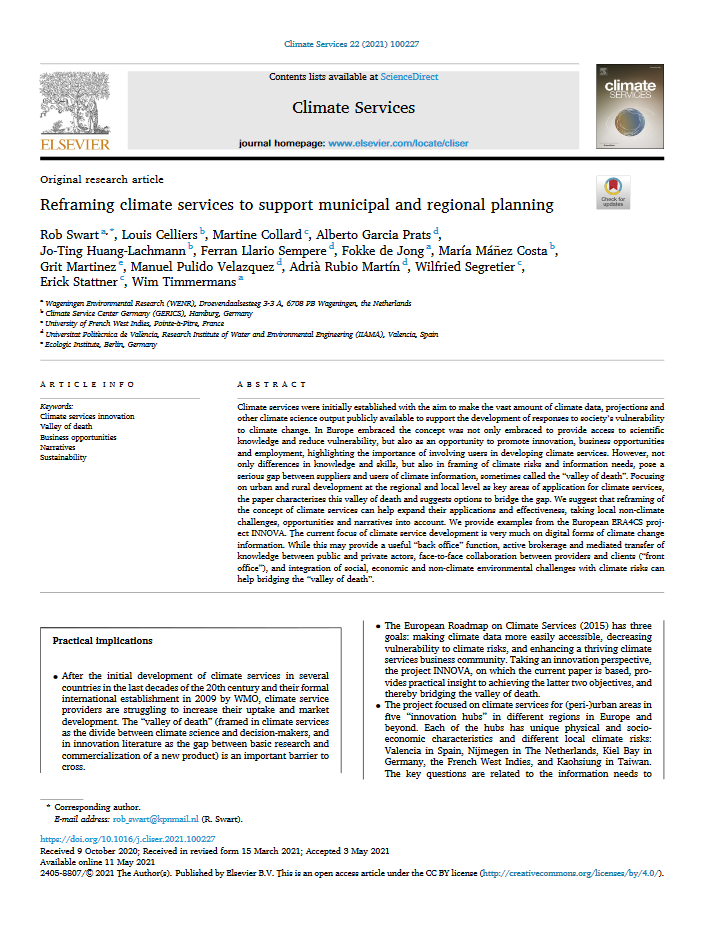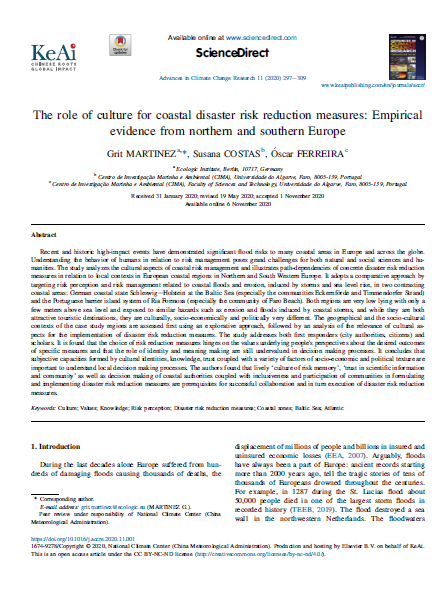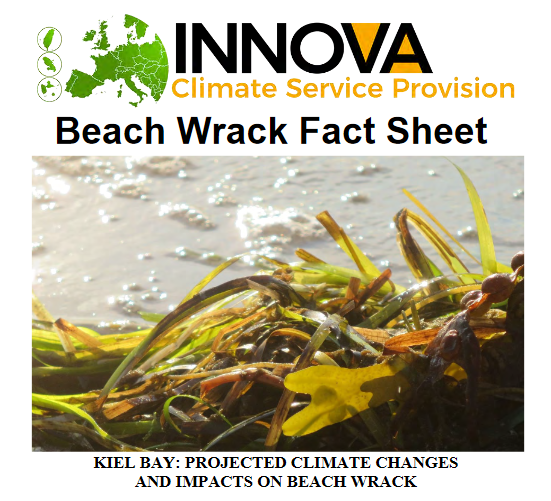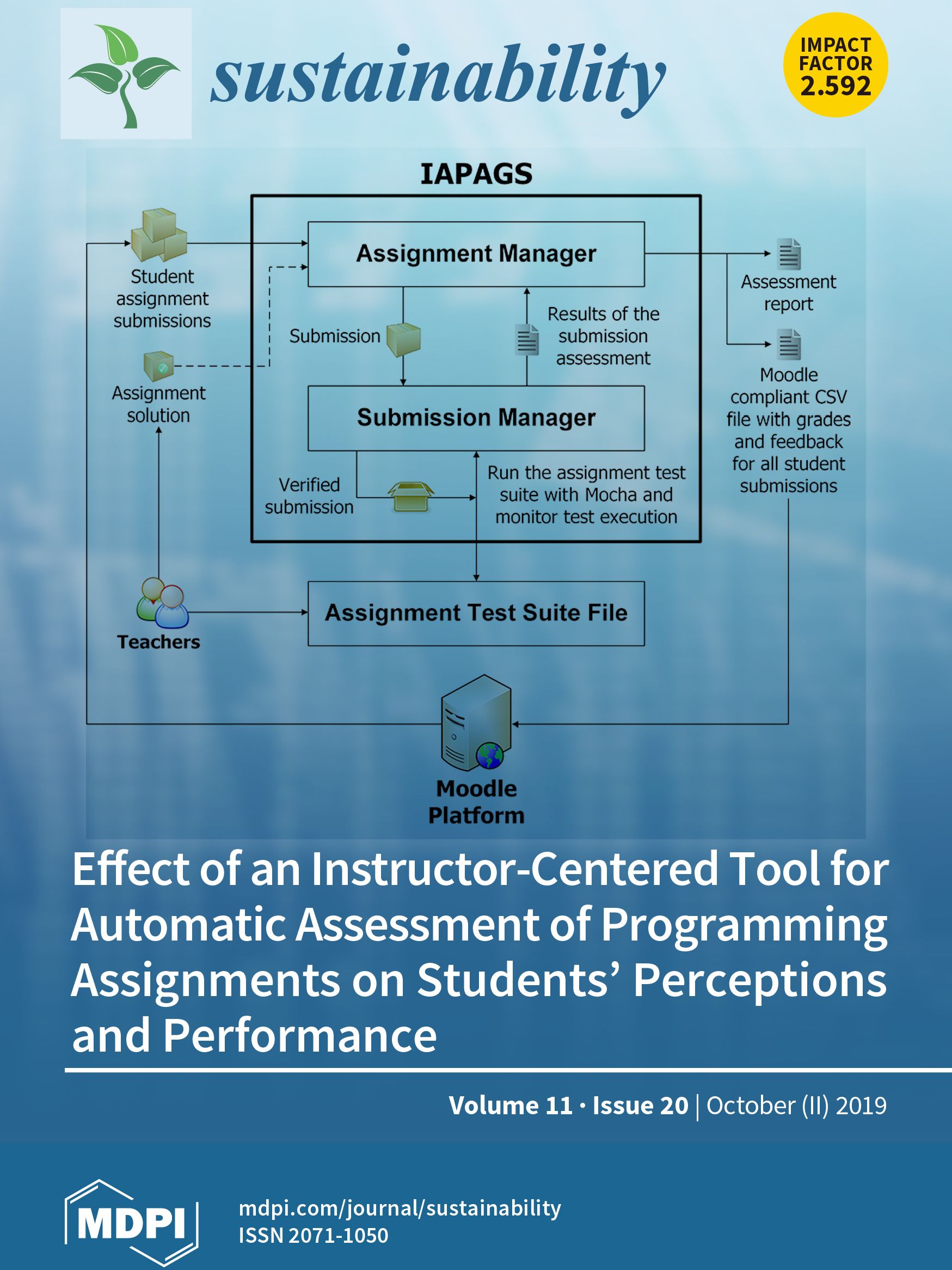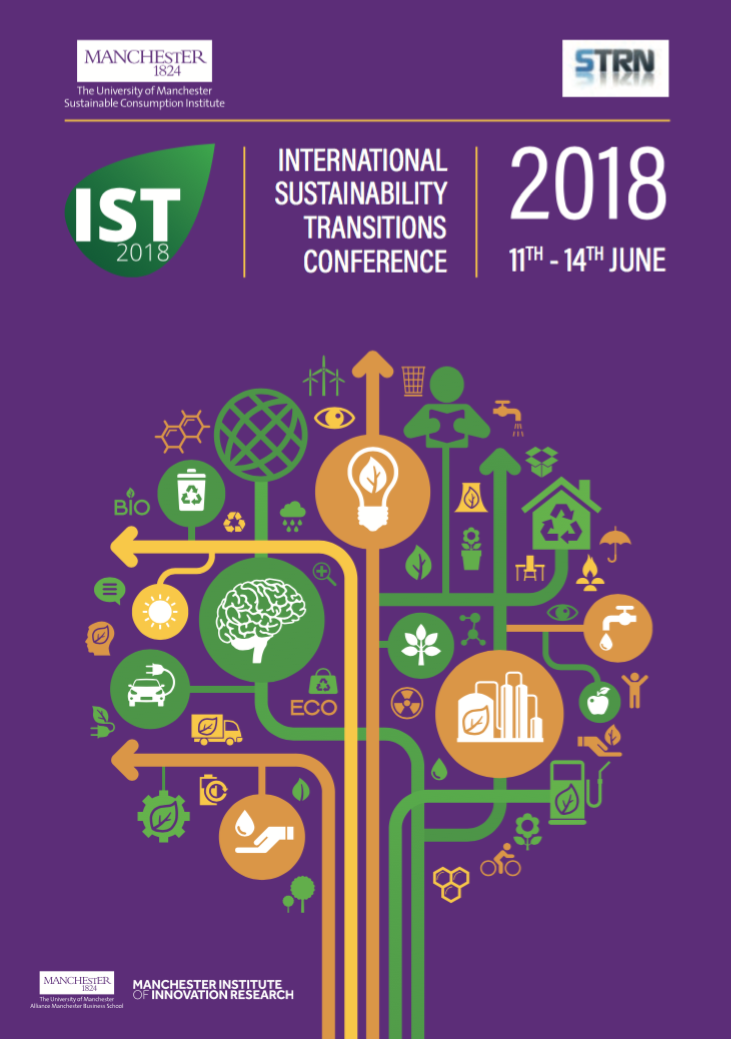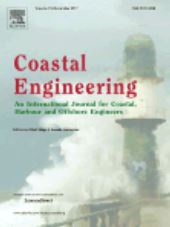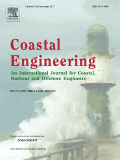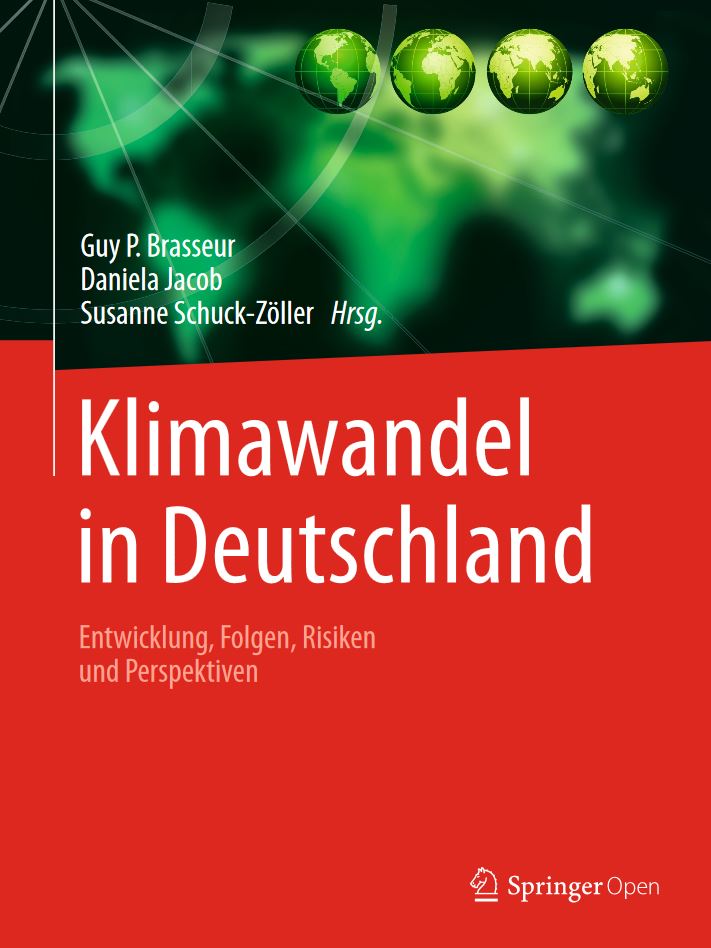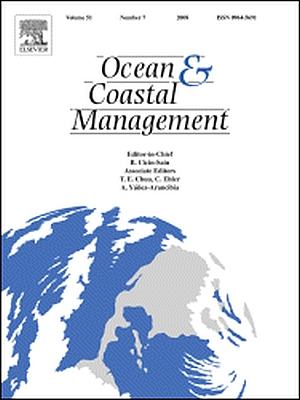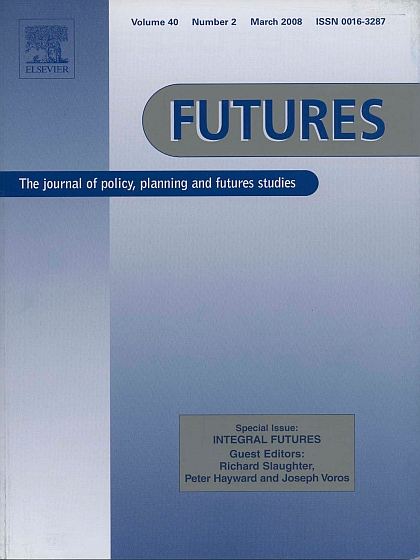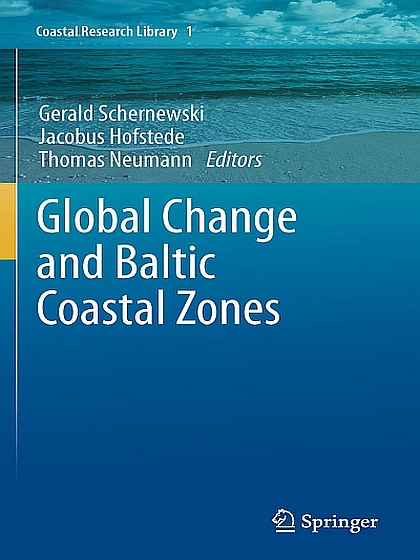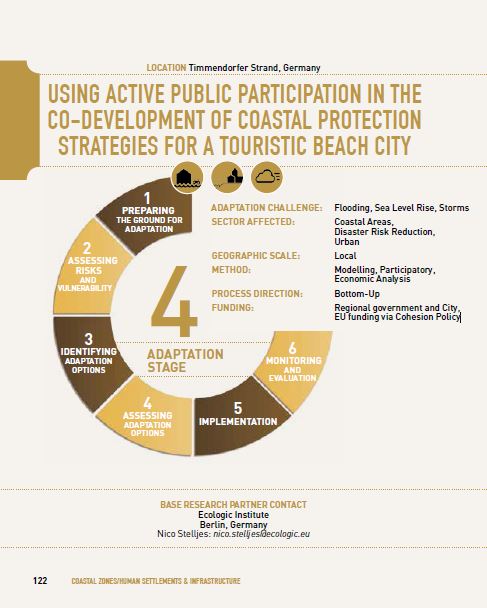The research project INNOVA will consolidate key factors from adaptive management strategies from leading earlier and on-going European initiatives in Spain (Valencia), Germany (Bay of Kiel) and the Netherlands (Nijmegen) and France’ overseas territories in Guadeloupe and Martinique. INNOVA intends to provide prototypes of climate services including business models, practical frameworks, and recommendations for creating and up-scaling opportunities while adapting to a changing climate.
Specifically, INNOVA will
- explore, document and assess proven social and technological innovative solutions to transform climate risks into opportunities by actively engaging private, public and knowledge communities in the INNOVA innovation hubs
- identify context specific drivers of prototypes, measures for evaluating and monitoring development and successes, up-scaling, and replicating efficient current and future innovative climate services for decision making
Role of Ecologic Institute in INNOVA
Ecologic Institute leads WP2, focusing on the context specific approaches of private, public and knowledge communities to manage a specific environmental risk by exploring their cognition, knowledge and affect of risk perception, adaptive capacity and employment of climate services.
In WP2 Ecologic Institute will develop a theoretical risk framework, which will facilitate structured dialogues with key informants in the INNOVA innovation hubs in Spain, Germany, the Netherlands and the French West Indies while gathering their specific perspectives and knowledge on climate change management and needs of climate services prototypes.
Methods for data collection and analysis will primarily be based on oral history methods to explore drivers of change and innovation in the creation and marketing of climate services including qualitative and participatory methods, such as focus group meetings, key informant interviews, participatory observation, further observation techniques and passers-by conversations. As a complement to the participatory methods the following will be performed: a policy analysis of the main policies concerning environmental stressors and hazard management at local, regional and national level, an analysis of strategic business plans as well as studies of cultural heritage via archival material, exhibit of museums and expositions, poetry and landmarks.
The results will be made accessible in a ‘Story Book’ and a film.
Ecologic Institute also contributes to methodological support for participatory processes in the INNOVA hubs (WP1), to the identification, monitoring and evaluation of business models for transforming climate information (WP3) and to knowledge brokerage and dissemination activities (WP4).
Background
Adaptation to climate change and disaster risk management is an ongoing challenge for the political agenda across all levels in Europe. To deepen this process the ERA-NET Consortium "European Research Area for Climate Services" (ERA4CS), has been designed to stimulate research for developing better tools, methods and standards on how to produce, transfer, communicate and use reliable climate information at regional, national and international levels to cope with current and future climate variability and to strengthen resilience.




